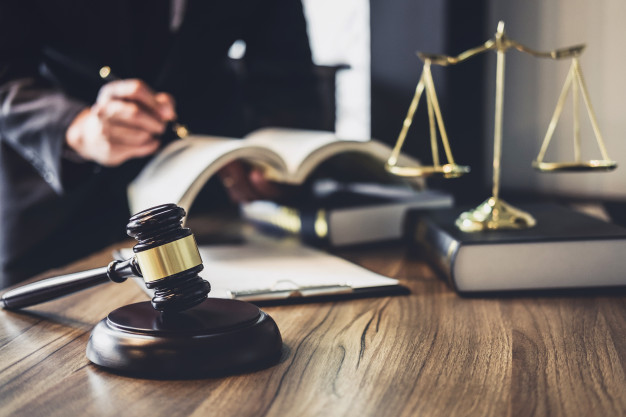Driving under the influence of alcohol is a severe offense. The number of drunken driving arrests has reached a new level with certain recent legislative changes.
More often than not, people are unaware of the legislative provisions concerning DWI. This article aims to shed light on how a criminal attorney can help you with your DWI Refusal hearing.
Tests and Proceedings
First, it is essential to note that three distinct tests should be given on being pulled over for DWI, namely the field sobriety test, the breath screening test, and a chemical test. The refusal charge is usually born from the third test.
There are mainly two proceedings concerning DWI:
- A criminal proceeding brought about by a prosecutor;
- A Refusal Hearing is an administrative proceeding brought by the Motor Vehicle Commission(DMV)
Both procedures could result in the revocation of the driver’s license. A conviction after Refusal Hearing will only result in license revocation. A conviction after a criminal proceeding has a more serious consequence. If the conviction is obtained after a criminal case, this will become part of the driver’s criminal record.
What Is a Refusal Hearing?
A Refusal Warning is issued when a driver refuses to submit a chemical test. This could lead to an immediate suspension of your license. The refusal can also be used as evidence against you in court proceedings. DMV refusal Hearings are usually held at the DMV office and are scheduled within 15 days of the incident. Notice for such a hearing will be sent to you.
If convicted, you could be facing a civil penalty and a minimum one-year license revocation. Your license could be revoked for a more extended period if you are a commercial operator or younger than 21 years of age. So, regardless of whether you face administrative proceedings or criminal proceedings, you must get in touch with a reliable, experienced criminal attorney.
Issues Addressed at a Refusal Hearing
Four main issues addressed at a Refusal Hearing are:
- Did the officer have enough reason to suspect you were driving under the influence of alcohol?
- Was the arrest lawful?
- Were you given sufficient warning before your refusal?
- Did you refuse to submit a chemical test?
What Can a Criminal Attorney Do?
Drinking and driving is a grave offense that has legal consequences. The prosecution will indeed strive to give you the highest fine or longest revocation possible. That is why it is essential to hire a criminal defense attorney in Miami to help with your case.
Help You Prepare:
A criminal attorney can educate you on the laws and provisions surrounding the offense. A layman is most likely unaware of the intricacies of the legislation. A criminal attorney, on the other hand, deals with these cases daily and is well informed. Hiring an attorney will help you be prepared for your hearing, increasing your chances of getting an acquittal.
A Plea-Bargain:
If the case against you isn’t a strong one, your attorney can help you negotiate with the department to obtain a plea bargain. If this isn’t an option, your attorney can assist you in receiving a lower penalty. Your attorney may also be able to help you “plead down” your charge to a less serious offense like “reckless driving”.
Seek the Help of a Skilled Criminal Lawyer
If this is your first experience involving a legal proceeding, then hiring a good criminal lawyer is a good idea. The whole process may seem strenuous, complicated, and overwhelming, and a skilled attorney can educate you and help you handle it in the smoothest possible way.
Your attorney can help you design, draft, and present your plea to the judge and help you deal with the situation with minimal consequences.











